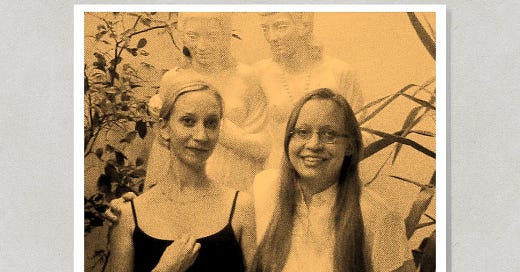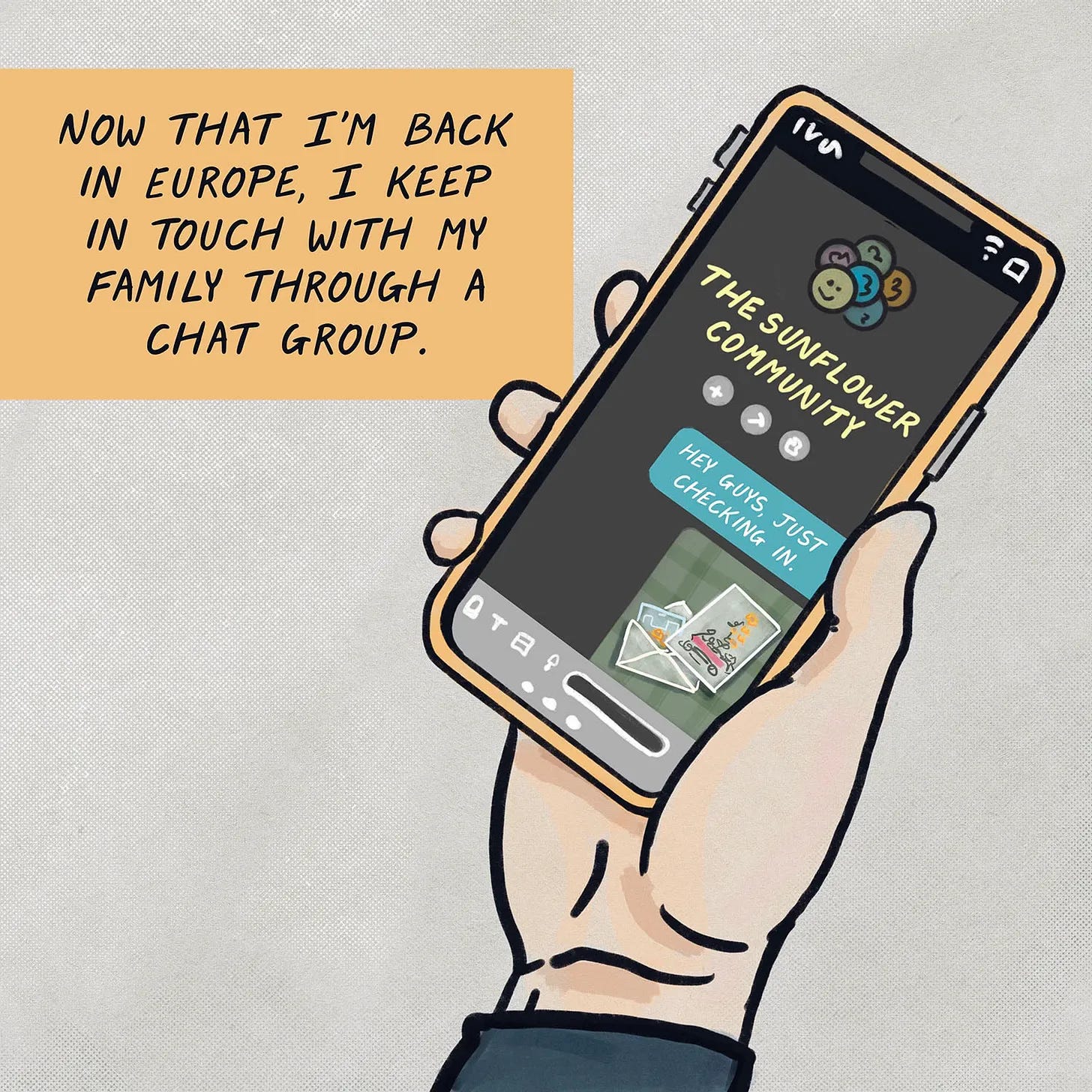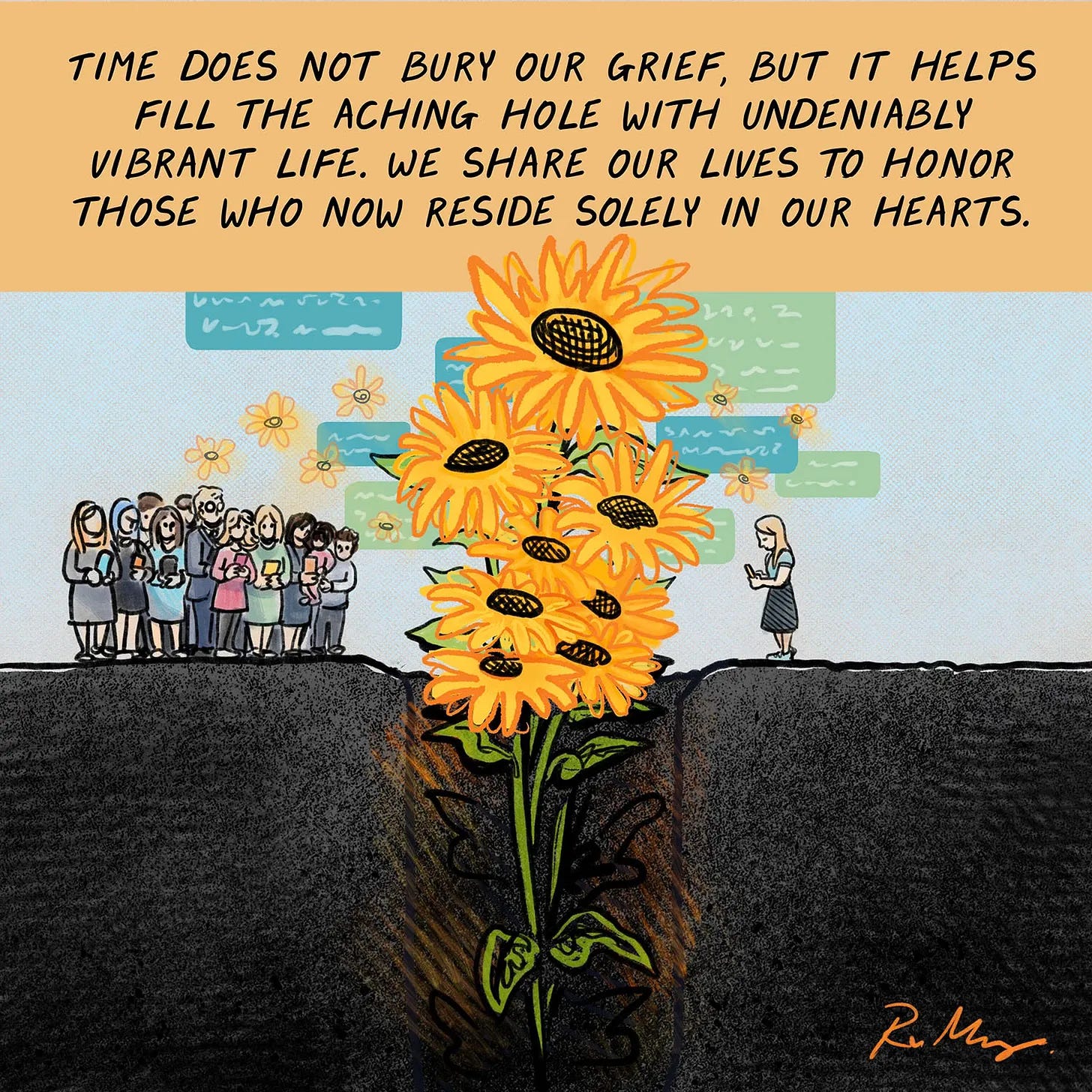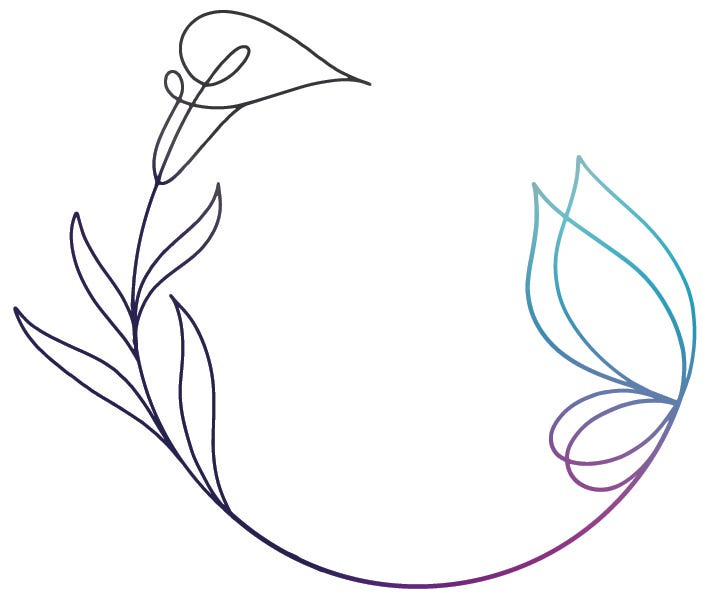In the first year after her sister's death, Rachelle revealed that her sister had struggled with mental health issues throughout most of her life, which ultimately led to opioid addiction. "The last year of her life was especially heartbreaking. I mourn her death almost equally with the way she chose to live near the end of her life."
Disenfranchised grief—grief that is not publicly mourned or socially accepted—often follows losses that are stigmatized, such as violent crime, death by suicide, and death by overdose. These forms of loss can leave the bereaved grappling for answers, questioning everything, and experiencing a deep sense of instability.
"I felt physically injured after her death, as if someone had struck me in the chest, and I think it was due to the violent way she was murdered," Rachelle shared. "I had lost my dad 20 years before, and this feeling of being wounded was new."
When I asked what she found most surprising about bereavement, Rachelle explained, "For months afterwards, when I came home at night from a busy day at the studio and would be locking up my bike in the shed, the grief would just suddenly overwhelm me again."
These experiences are what grief expert Dr. Therese Rando calls STUGs—Sudden Temporary Upsurges in Grief—intense, unexpected waves of emotion that arise without warning and leave us feeling exhausted, frightened, and as if we've been hit by a tidal wave. Understanding the nature of grief and what might occur throughout our experience is precisely why I write. I find it unconscionable that we give people the test first and the lesson plan after.
I asked Rachelle how this loss had changed her and her family. "I try to be more compassionate to others who are grieving as well as to homeless people I encounter, as my sister was homeless by choice at the end of her life. I think we are all hurting, but we lean on each other and share to affirm our lives. Writing about our shared grief in my comic was a way of honoring my sister. Being present for my family is a way of honoring her."
As I absorbed her responses, I found myself feeling connected to "The Sunflower Community," the name she gave her family group chat. It made me feel closer to my deceased sister Tracy, as sunflowers were one of her favorite flowers too. She had spoken about planting some in her backyard between chemotherapy treatments.
We never did get to plant those sunflowers.
Rachelle was inspired to purchase sunflower seeds while waiting to board her plane at the airport. In a daze, she found her way to a gift shop that sold seeds and grabbed a handful of packets to take with her. Back on home soil, she found solace in drawing—it was her way to process everything. After the funeral, she gifted the seed packets along with one of her drawings—a linking object to connect her to her family.
Through their grief, family members shared stories and provided updates in the Sunflower Community app Rachelle had created. She shared that "time does not bury our grief, but it helps fill the aching hole with undeniably vibrant life. We share our lives to honor those who now reside solely in our hearts."
Sunflowers are special for so many reasons. They are bright, cheerful, grow strong and tall, and symbolically represent resilience and positivity. They also provide oil and seeds for food, which wasn't lost on me. As I reviewed Rachelle's art, I kept thinking how the sunflower was nourishing her grief, providing a continuing bond between Regina and her family.
"Art is how I make sense of the chaos of living, so it's essential for me to create in order to process trauma and heal through the enlightenment that the process bestows on me," Rachelle explained. "I have friends who have consistently gifted me sunflowers in bouquets, photos, and drawings since I shared this story with them. It has become a symbol both of sharing grief and embracing life for all of us, friends and family, and it touches me very much."
I hope you enjoyed this post and consider sharing it with a friend. For more grief reflections and ways to integrate life losses, consider subscribing to receive weekly insights on navigating life's most profound transitions. Remember, when we do the grief work, it works.








